The PM may have dedicated paeans to the concept while laying the foundation stone for a new Parliament but is his Govt honouring it?
Will a robust Parliament building, in keeping with the needs of the 21st century, also nurture the right spirit of the institution of democracy? Prime Minister Narendra Modi, while laying the foundation stone of a new Parliament building, sounded the right notes, saying the structure would be an amalgamation of the old and new. He consciously threaded the theme of continuity with the past, saying democracy had been inspired by our history, that it was our soul and that it “won’t be long before the world would say that India is the Mother of Democracy.” On the face of it, one could interpret the Prime Minister’s hyperbolic speech as well-meant but given the crackdown on dissent during his tenure, one cannot help but wonder if his speech was meant to obviate that criticism. Particularly when voices in the establishment have not exactly been supportive of the participatory and accommodative nature of democracy. Or respected the right to dissent, most often equating it with anti-nationalism. Just the other day Union Minister Ravi Shankar Prasad had to step in to neutralise Niti Aayog CEO Amitabh Kant’s observation about the perils of “too much democracy.” At a webinar, the senior official had said it was “tough” to push reforms in India because “we are too much of a democracy,” sounding unfortunately like Chinese observers, who believe that democracy in India is prohibitive. The import of Kant’s remarks was not lost considering the Government is besieged by farmers agitating over new laws that were pushed down their throats, ignoring consultative processes between stakeholders. The farmers are not so much against market economics as they are upset by the lack of explainers on how it would disadvantage them or not vis-a-vis the big food corporations and whether they would have price guarantees, considering the minimum support price (MSP) itself is unremunerative at the moment and would be impacted by open market operations. While the farm laws address the need for structural reform in the agriculture sector, in a pandemic-stressed economy, all that the farmers really want is that while fighting debts, they should not be cheated out or exploited further. Nobody is expecting the Government to be welfarist all the time but everybody is certainly expecting to trust it on its word. That has not happened. The Government could have empathetically hand-held them through the change rather than attributing destructive motives to them or demonising them.
The less said about the way the farm laws were pushed in Parliament the better. There was no all-party meeting or even talks with the farmers’ representatives. If the passing of the farm Bills by voice vote was any indication, then the BJP-led National Democratic Alliance (NDA) has already become over-confident about subverting parliamentary fairplay and justifying its authoritative weight. Worse, it has even made Parliament a tool in its exercise of power, trampling any opposing view as redundant, even if well-argued. Controversial Bills in this country have always been open for discussion in the House, often moved to relevant parliamentary committees for careful perusal and closing deficiencies. But the use of a voice vote — which is nothing more than a shouting match of who gets heard louder and which is used to pass Bills that are consensual — in pushing the farm Bills changed all that. Though the Bills split the House down the middle, a “friendly” Chair ensured that the voice vote could be resorted to. The Government has enough numbers in the Lok Sabha to override dialogue and even if outnumbered in the Rajya Sabha, it knows it can hijack debate by provoking the Opposition enough and use a voice vote in the resultant din. Or simply take advantage of the latter’s boycott. Clearly, cooption is becoming more the rule than the exception. The dilution of Question Hour during the last Parliament session was another example of the Government limiting the scope for deliberation. It is the only time that allows the Opposition equal standing and allows it to keep a check and balance on the executive. Even Treasury Bench MPs can ask questions of a Minister for better clarity on policies. Dropping it means reducing the relevance of the MP. Just for comparison, the House of Commons even has a dedicated slot for “Prime Minister’s Questions”, where the Prime Minister personally answers or explains his Government’s functioning. That is unlikely here. How does all this mean “too much democracy” is, therefore, difficult to understand. Particularly, when the Prime Minister highlights the importance of every decision made in the august portals of Parliament as a building block of democracy. Besides monolithic power has not always guaranteed reforms. The United Progressive Alliance (UPA) regime before 2014 did manage to push economic reforms and achieve growth indices despite the pulls and pressures of a coalition. The Government should in no way give credence to the theory that democracy decelerates progressive action or is anti-reformist. If anything it is an enabler. And it is only when its value gets eroded that people protest. That’s their last option to be counted and heard. Had the Government talked to all protesters with an open mind, listened to them and not made them believe that its last word was non-negotiable, protests and demonstrations would not have assumed the proportions they have. But perhaps the Government wants a polarity to justify its muscularity. And though it may believe that protesters are being misled by vested interests, the fact is it is disrespecting democracy by assuming that they can’t have a thinking mind of their own.







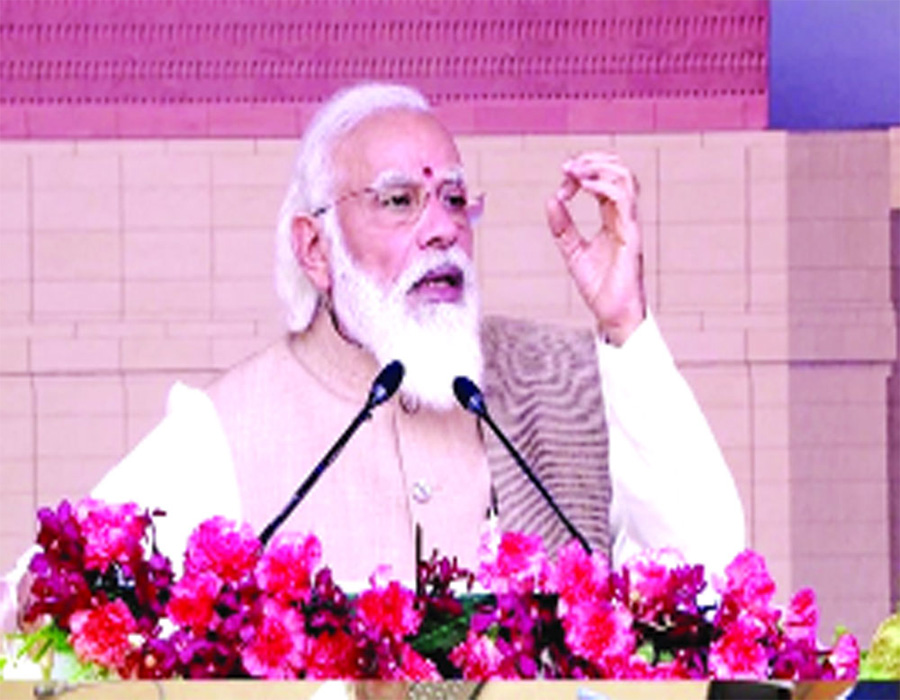
 OpinionExpress.In
OpinionExpress.In
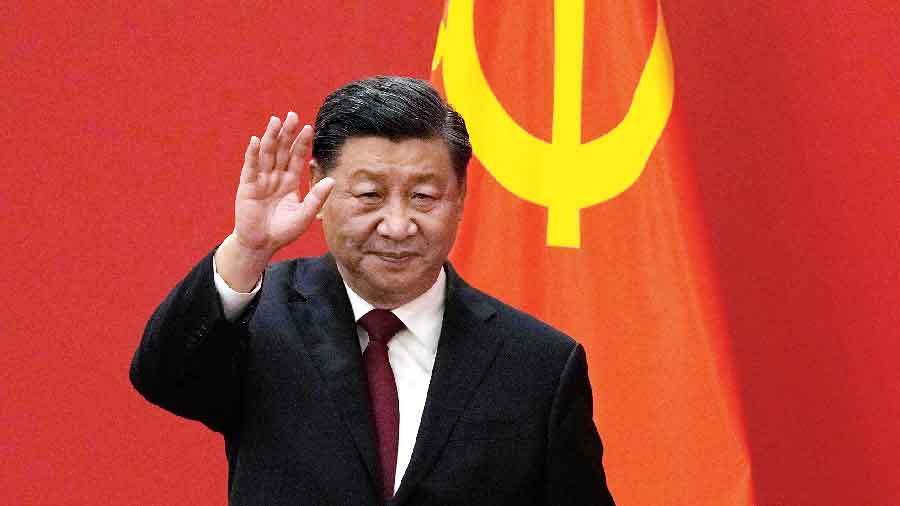

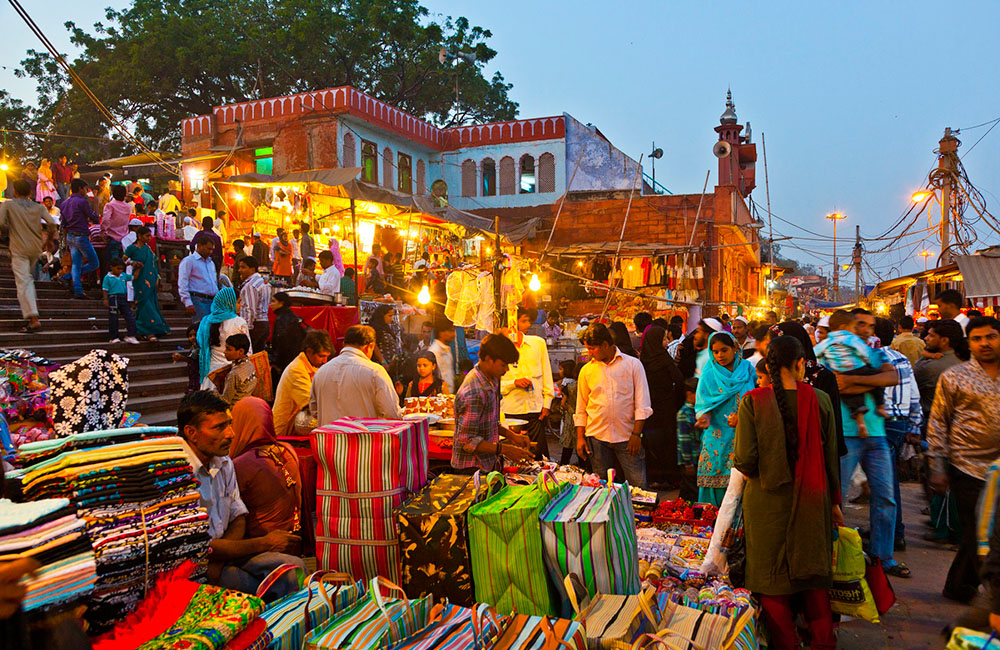
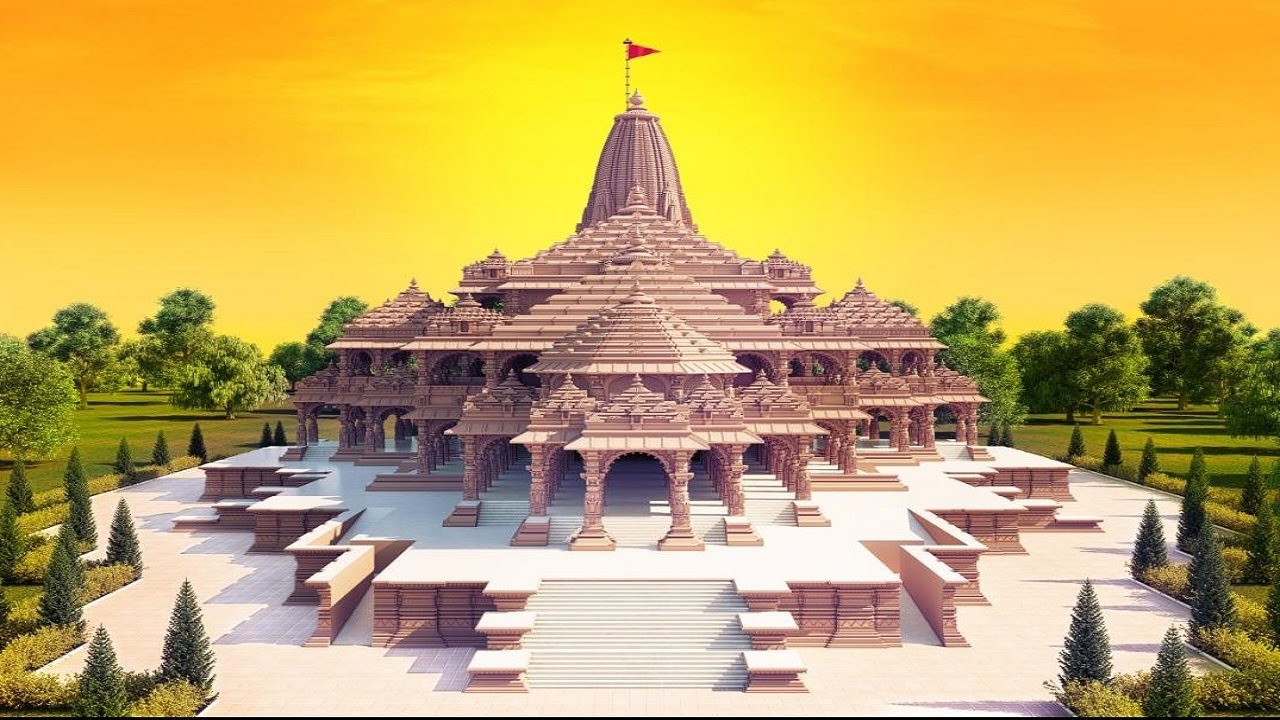
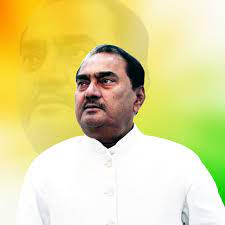
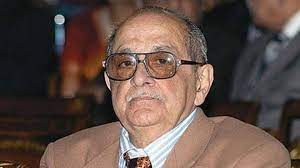
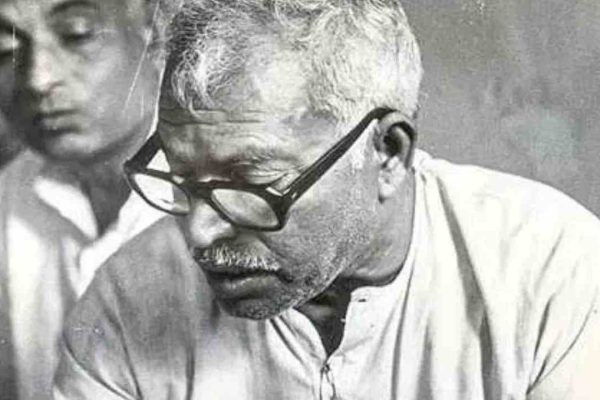
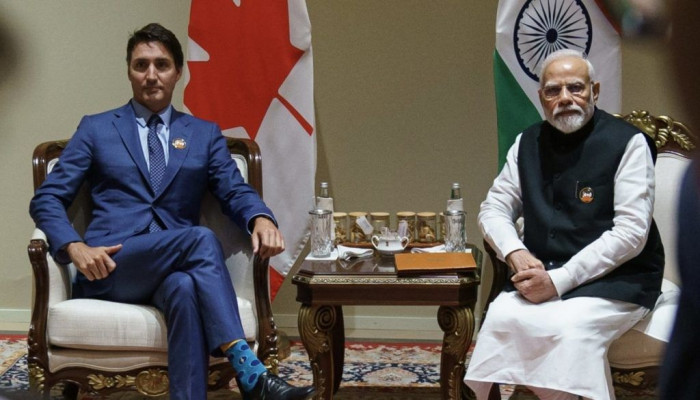
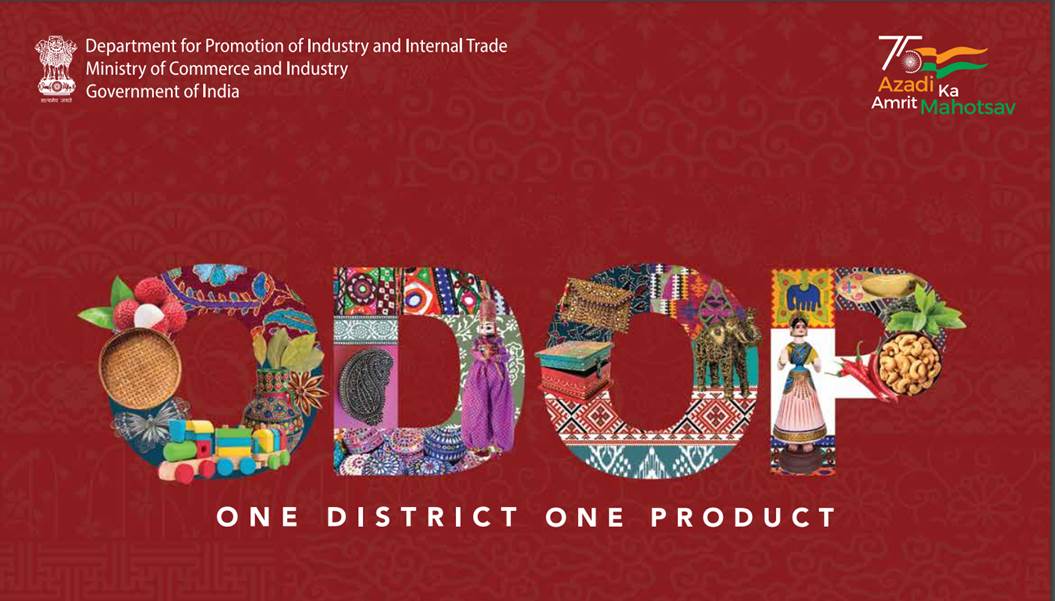






Comments (0)